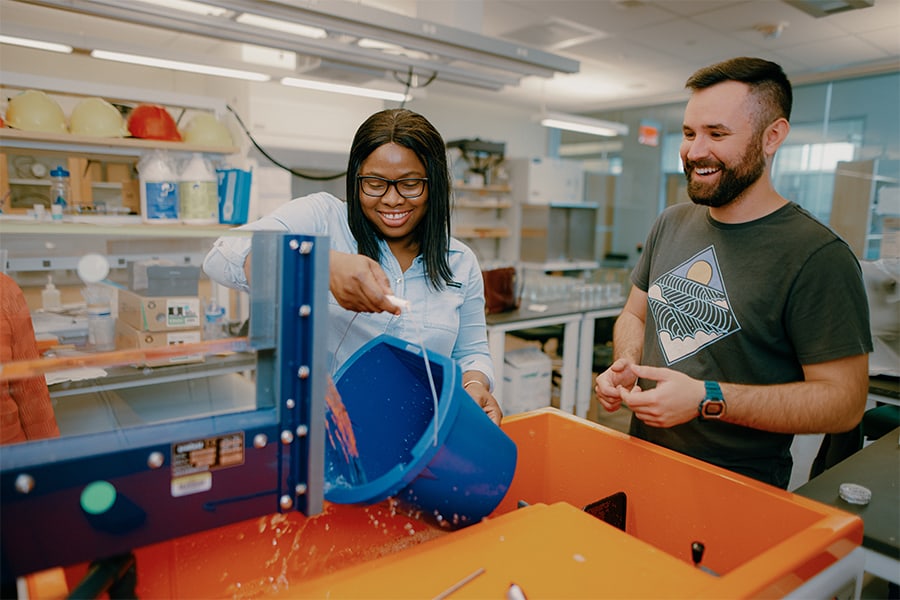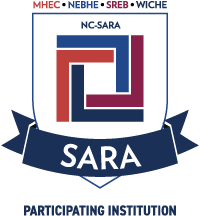Plan Your Education
How to Apply
Credit-bearing Courses
Current UMass Boston students: register for credit-bearing courses through the WISER system.
Guest (non-degree) students: register for credit-bearing courses through UMass Boston Online & Continuing Education
Non-credit Courses
Current UMB students & Guest (non-degree) students: register for non-credit courses through UMass Boston Online & Continuing Education
Deadlines & Cost
Credit-bearing
- The credit bearing program consists of three 3-credit courses, or 9 credits.
- Online tuition is $410 per credit.
- Total estimated cost to complete the program is $3,690.
- Estimate is based on completing program by minimum duration. Other fees may apply. Request Info to connect with a program representative for further details.
Non-credit
- The non-credit bearing program consists of three courses.
- Online tuition is $500 per course.
- Total estimated cost to complete the program is $1,500.
- Estimate is based on completing program by minimum duration. Other fees may apply. Request Info to connect with a program representative for further details.
Curriculum
Credit-bearing Certificate
Required Courses
- Introduction to Sustainable Marine Aquaculture (ENVSCI 114)
- Aquaculture Production (ENVSCI 124)
- The Business of Marine Aquaculture (ENVSCI 134)
Electives (Choose one)
- Introduction to Environmental Policy & Management (ENVSCI 122)
- The Nature of Environmental Problems (ENVSTY 101)
- Sustainability: It's Not Easy Being Green (ENVSCI 105)
Non-credit Certificate
Required Courses
- Introduction to Sustainable Marine Aquaculture (ENVSCI 114)
- Aquaculture Production (ENVSCI 124)
- The Business of Marine Aquaculture (ENVSCI 134)
For more information on curriculum, including course descriptions and degree requirements, visit the Academic Catalog.
Learning Outcomes
Upon completion of the sustainable Marine Aquaculture Certificate:
- Students will have gained an understanding of the biology and ecology of global and regional finfish and shellfish, and seaweed sustainable aquaculture.
- Students will understand the harvest (wild and cultured) aspects of shellfish aquaculture and seaweed and its various uses.
- Students will understand farming techniques and opportunities in finfish, shellfish and seaweed aquaculture as well as sustainable methodologies
- Students understand economics (blue economy) and production in the aquaculture and seafood industries.
- Students will be able to retrieve, organize and synthesize information from a range of sources, including bibliographic and web-based material.
- Students will be able to assess the relevance, significance and value of ideas from multi-disciplinary sources.
- Students will learn self-reliance and self-motivation.
Graduation Criteria
Credit-bearing
Complete 12 credits from four courses including three required courses and one elective.
Non-credit
Complete 9 credits from three required courses.
Contact
Aquaculture Program Coordinator:
Jennifer Bender
(617) 287-7440
jennifer.bender [at] umb.edu

School for the Environment
Learn more about the faculty, research, and programs that make up our School for the Environment.
Explore NowNational Council for State Authorization Reciprocity Agreements (SARA)

UMass Boston programs are designed to meet the requirements for licensure or certification in Massachusetts. Please contact your state licensing or certification board to determine whether the program meets the requirements for licensure or certification in other states.
Learn More about SARA
